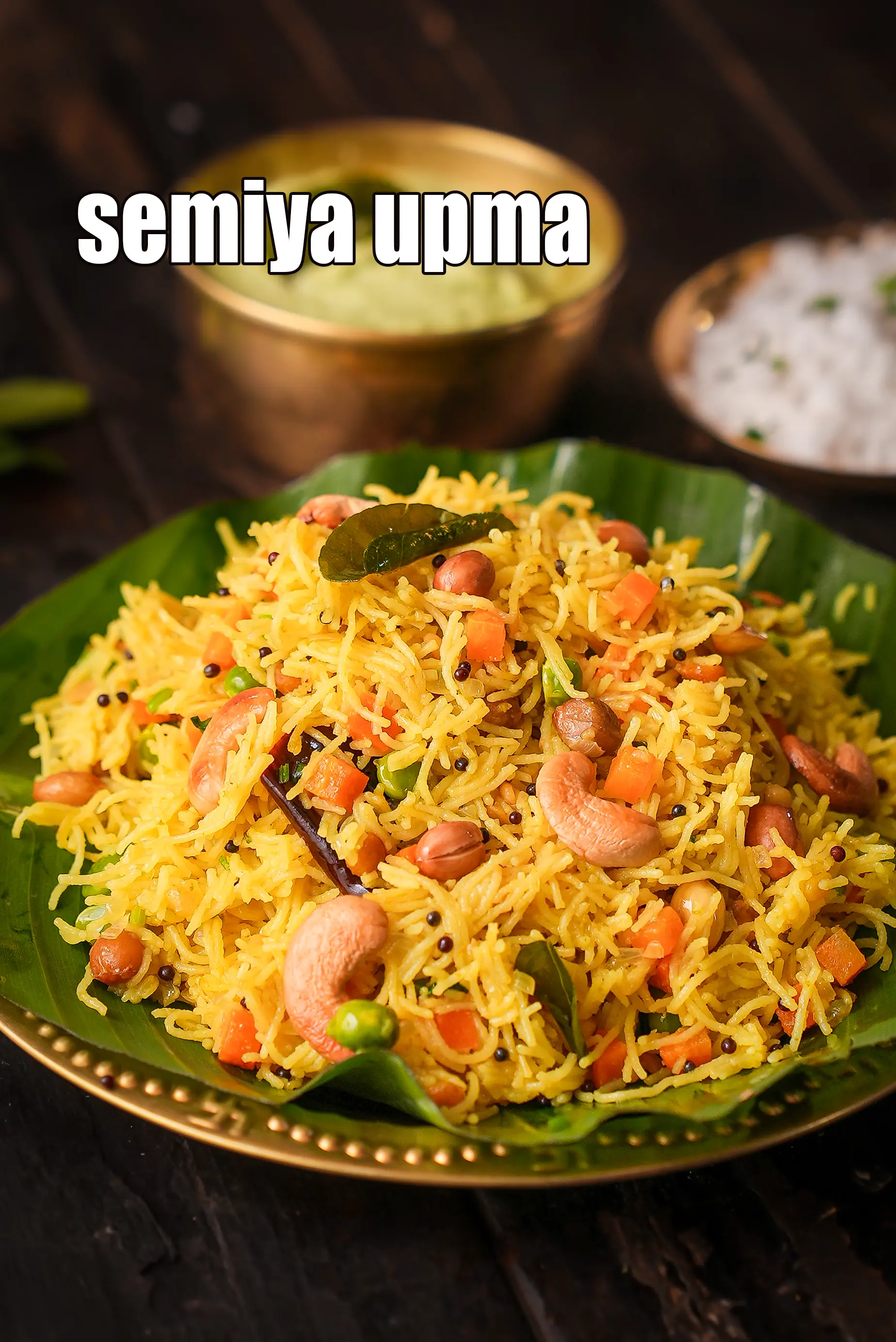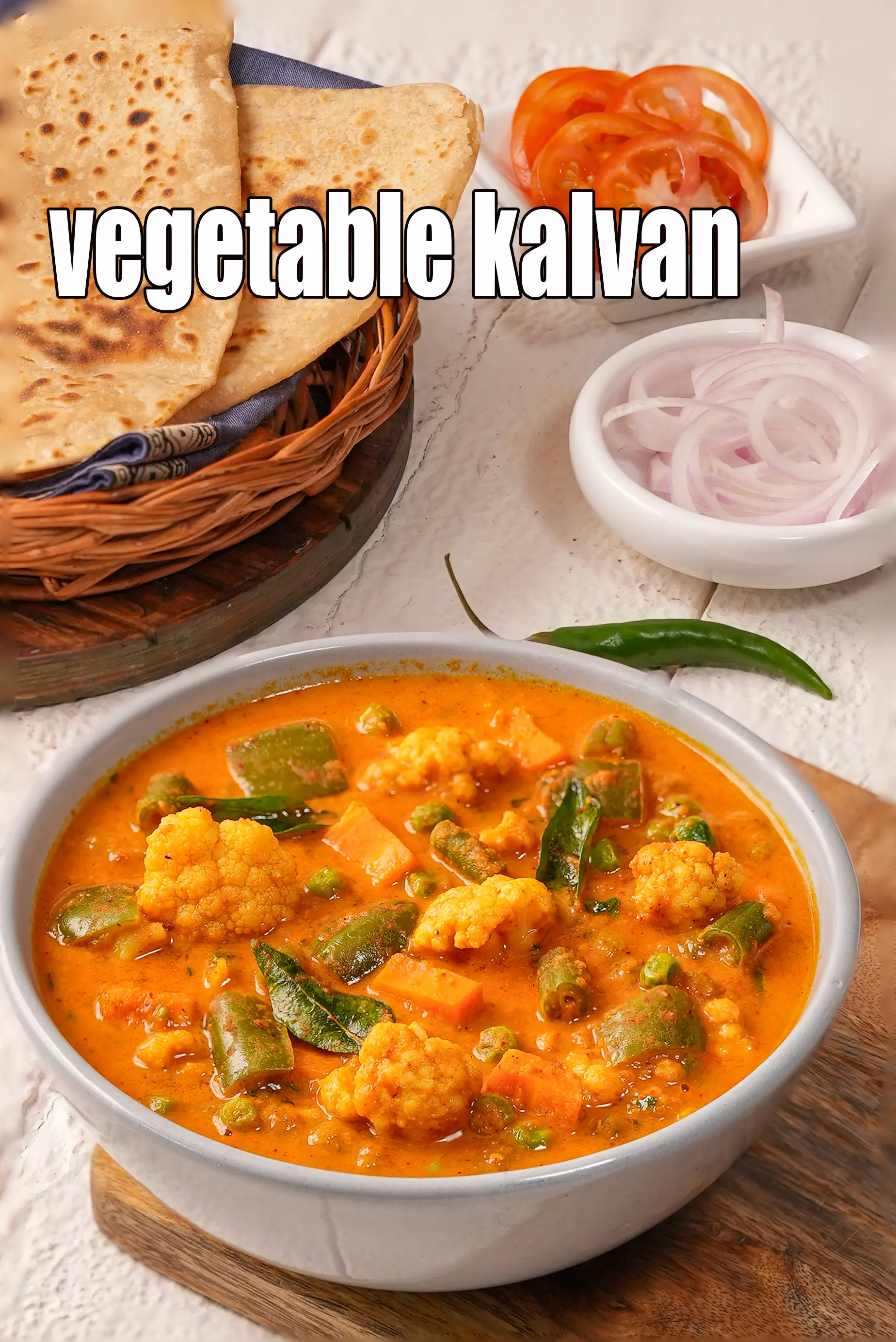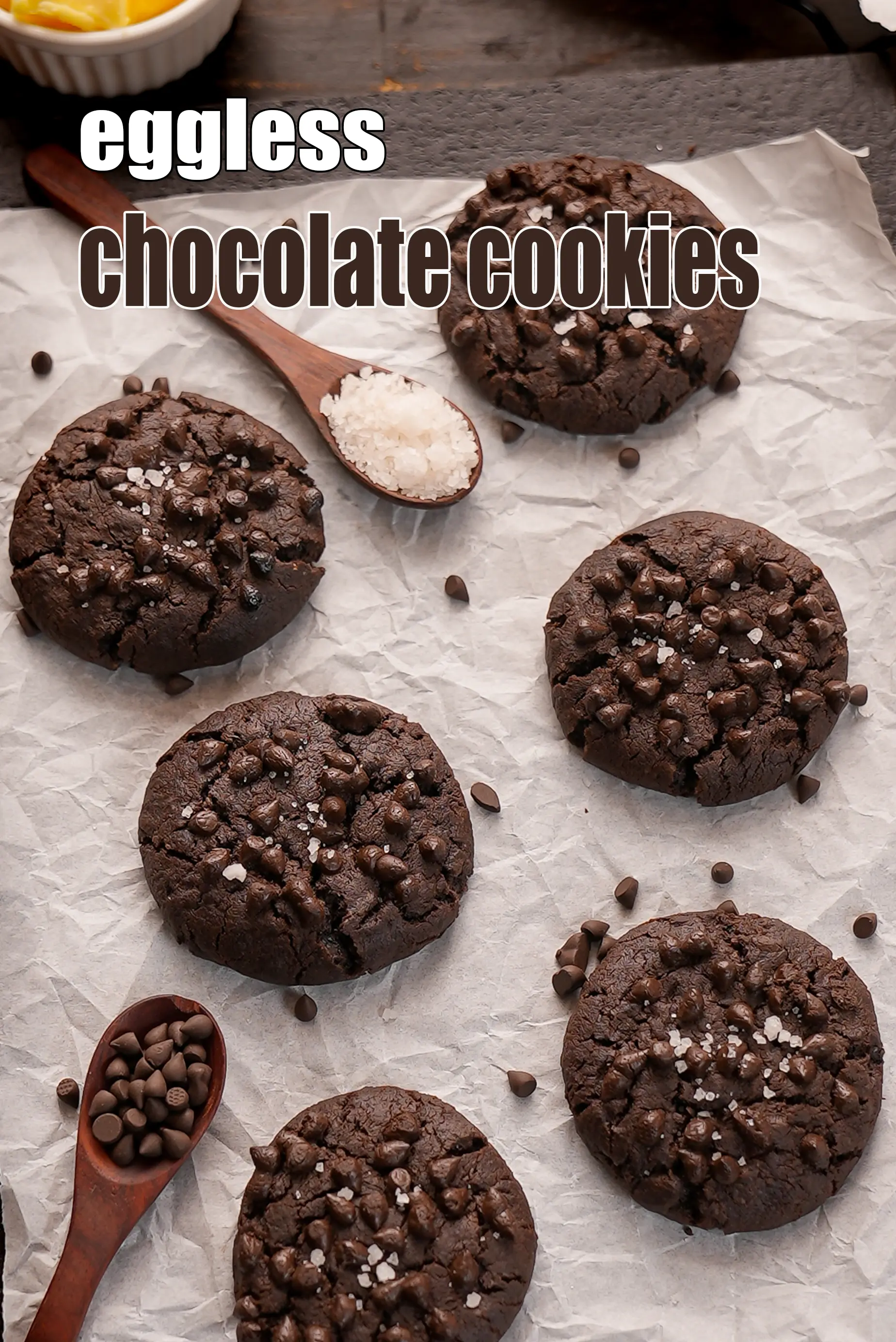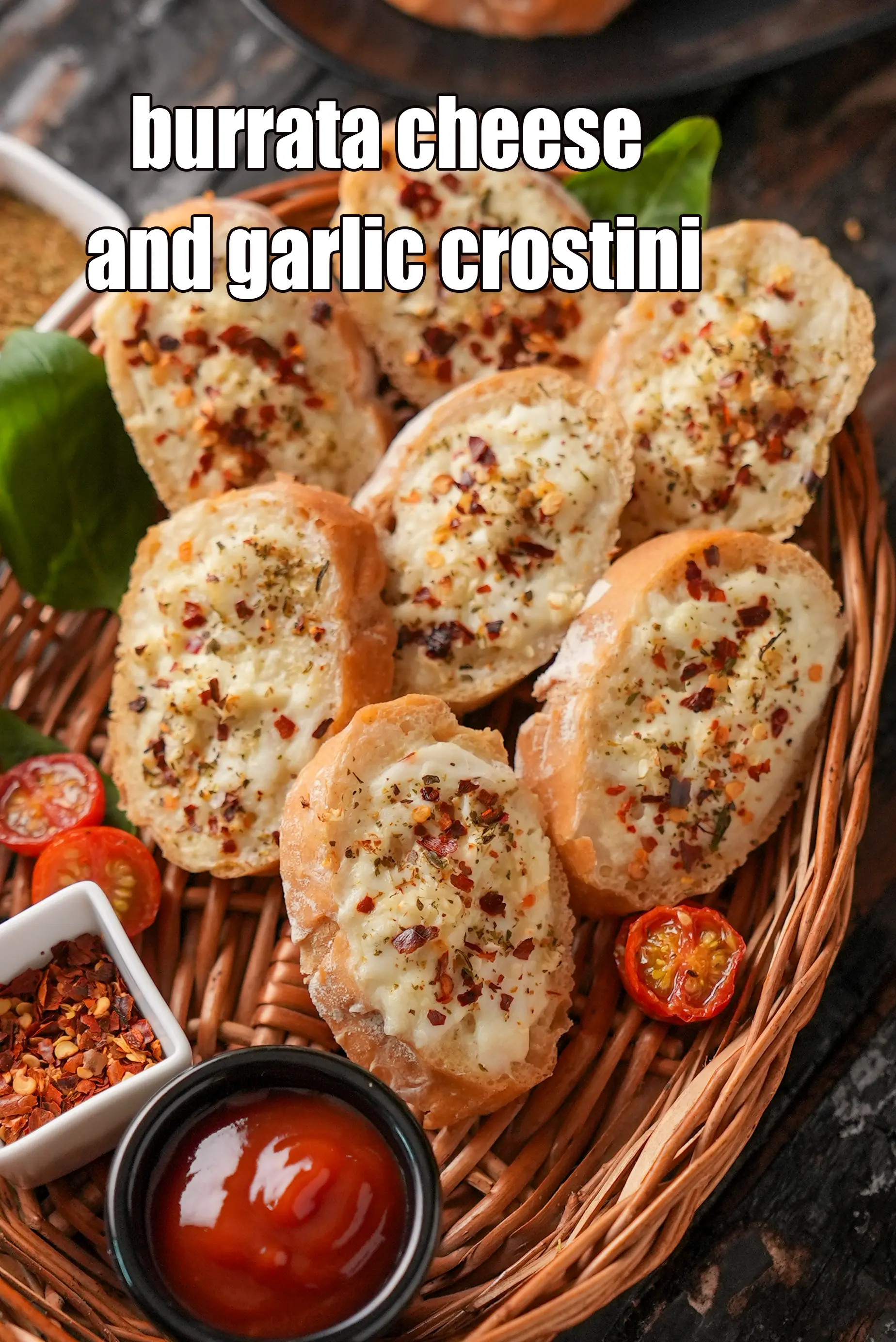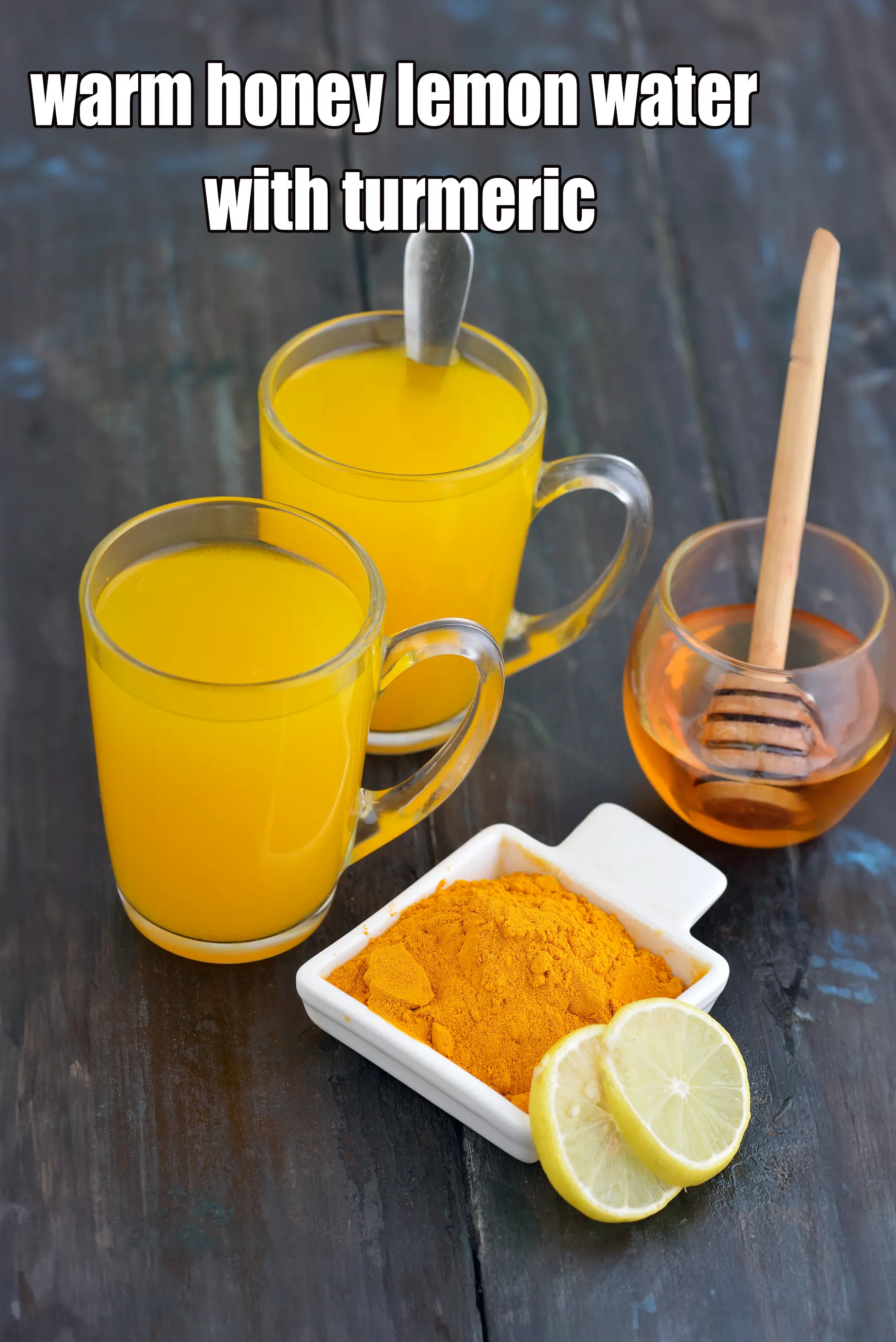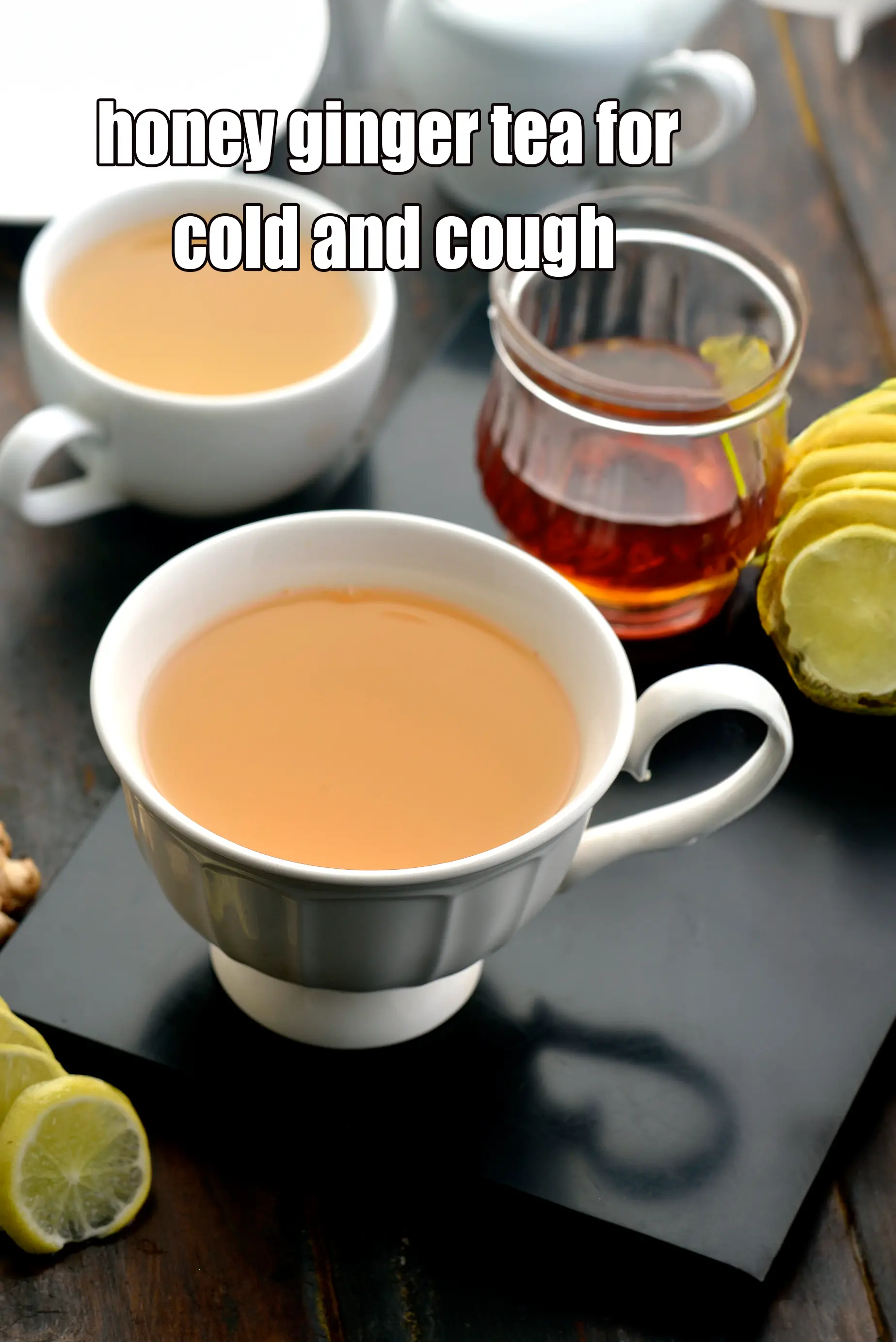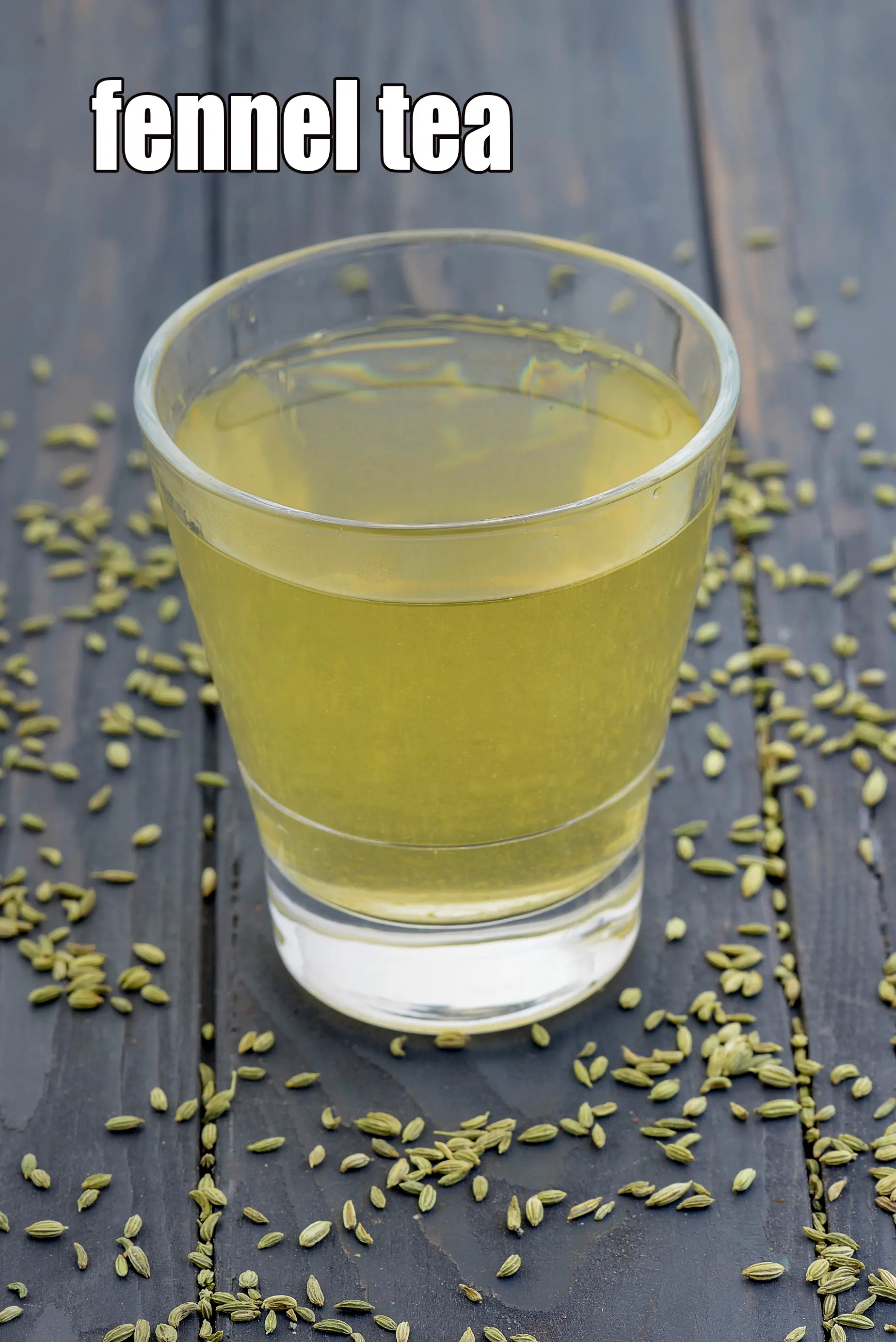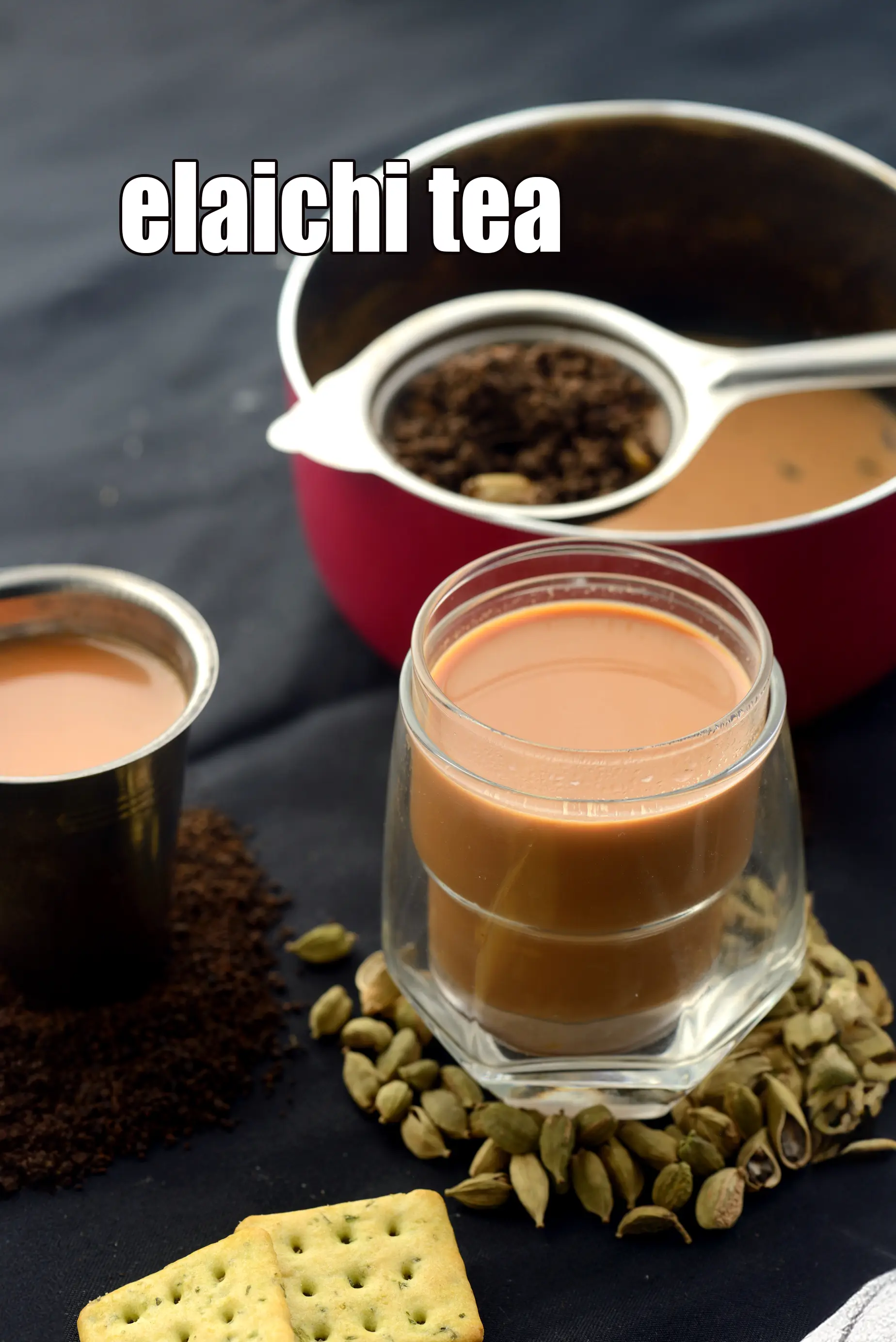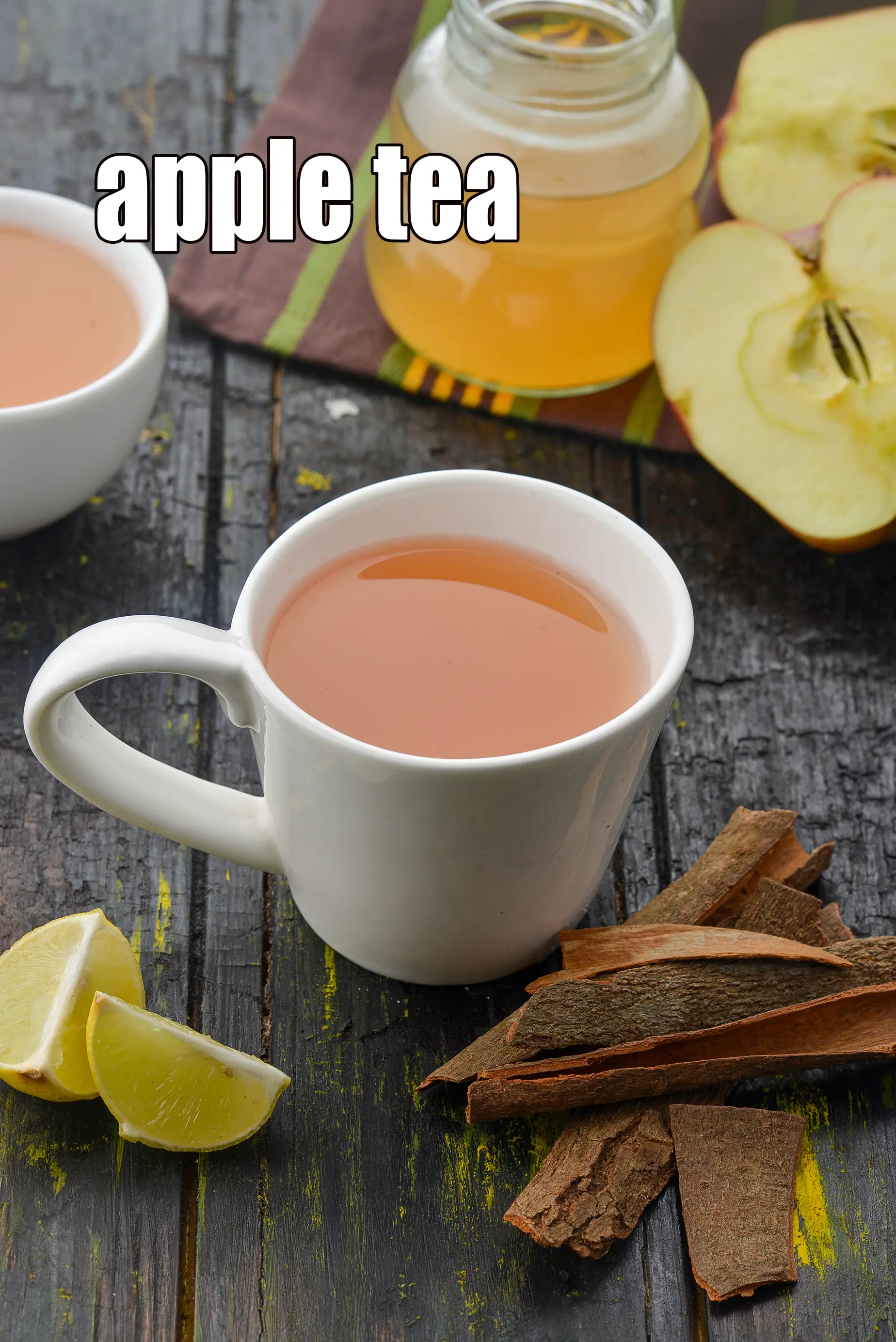Nutritional Facts of Cauliflower Greens and Besan Muthia, Calories in Cauliflower Greens and Besan Muthia
This calorie page has been viewed 4284 times
Healthy Indian Recipes
Kids Recipes
Table of Content
How many calories does one serving of Cauliflower Greens and Besan Muthia have?
One serving of Cauliflower Greens and Besan Muthia gives 233 calories. Out of which carbohydrates comprise 135 calories, proteins account for 33 calories and remaining calories come from fat which is 65 calories. One serving of Cauliflower Greens and Besan Muthia provides about 12 percent of the total daily calorie requirement of a standard adult diet of 2,000 calories.
See recipe cauliflower greens and besan muthia recipe | phool gobhi besan muthia | Indian style steamed muthia | healthy breakfast | with 23 amazing images.
How often we find ourselves picking lush cauliflowers at the market, only to quickly discard the greens and stow the cauliflower head alone into the fridge! Well, this recipe will help you discover the goodness of this often unused part of the cauliflower. We have experimented with it and presented it here in the form of Indian style steamed muthia.
To make cauliflower greens and besan muthia, combine the cauliflower greens, besan, whole wheat flour, chilli powder, turmeric powder, sugar, oil, coriander and salt in a deep bowl, mix well and knead into a soft dough using enough water. Divide the dough into 2 equal portions and shape each portion into a cylindrical roll of approximately 150 mm. (6") in length and 25 mm. (1") in diameter. Arrange both the rolls on a greased sieve and steam in a steamer for 10 minutes. Remove and keep aside to cool slightly for 10 minutes. Cut each roll into 12 mm. (½”) slices and keep aside. For the tempering, heat the oil in a broad non-stick pan and add the mustard seeds, sesame seeds and asafoetida and sauté on a medium flame for 30 seconds. Add the muthia pieces, toss gently and cook on a medium flame for 2 minutes, while stirring occasionally. Serve immediately with green chutney.
The greens are a great source of iron and folic acid, which are must-have nutrients for mums-to-be. Iron helps in building haemoglobin levels and folic acid is important for the brain development of the baby. The phool gobhi besan muthia is a tasty and healthy steamed breakfast, which will help you boost your iron and folic acid reserves and build up your haemoglobin stores. You will also thoroughly relish the yummy texture and lingering flavour of these traditionally-tempered muthias.
These muthias are also a very good source of fibre, thus from weight watchers to heart patients all can enjoy this healthy breakfast recipe. For diabetics we recommend to restrict the serving size to half. Fibre also helps to add satiety and cleanse our system thereby preventing constipation.
Tips for cauliflower greens and besan muthia. 1. Do not forget to grease the steamer plate. 2. After steaming, always allow the muthia to cool before making pieces, otherwise they will stick to the knife and you will not get uniform pieces.
If you are looking out for more nutritious iron rich recipes for pregnancy check these out Chawli Masoor Dal , Nachni Ladoos , Ragi and Oat Crackers and Matki and Jowar Paratha.
Is Cauliflower Greens and Besan Muthia healthy?
Yes, this is healthy. But restrictions apply to some.
Let's understand the Ingredients.
What's good.
Cauliflower Greens : These are rich in Iron. Cauliflower green leaves are full of natural antioxidants that have been shown to help prevent cancer. In addition, adding the dark green leaves makes your dinner even more healthy as they contain good amount of phytonutrients. Its fiber and potassium promote good intestinal transit and limit water retention. It's an excellent source of folic acid and potassium.
Besan : Besan has more good fat than whole wheat flour and also higher protein content. Rich in complex carbohydrates and with a low glycemic index, besan is good for diabetics too. Besan is high in Folate or folic acid, which is important for rapid growth and multiplication of red blood cells and white blood cells (WBC) in the bone marrow. See 10 detailed benefits of besan and why it's good for you.
Whole Wheat flour : Whole wheat flour is excellent for diabetics as they will not shoot up your blood sugar levels as they are a low GI food. Whole wheat flour is rich in Phosphorus which is a major mineral which works closely with calcium to build our bones. Vitamin B9 helps your body to produce and maintain new cells, especially increase red blood cells. See detailed 11 benefits of whole wheat flour and why it's good for you.
Kashmiri chilli: Like red chillies, Kashmiri chillies also have vitamin C, though in smaller quantites than the fresh red chillies. This helps to boost immunity and improve skin health. They also have minute amounts of copper, potassium, manganese, magnesium and iron along with B vitamins. Small amounts of Kashmiri chilli powder can aid digestion, but more quantity can affect the lining of the digestive tract.
Turmeric Powder (Haldi) : Turmeric helps in digestion of food thus helping to overcome indigestion. Haldi may help in reducing the growth of fat cells in the body. Turmeric, being rich in iron, is highly valuable in the treatment of anaemia and both the root as well as the powder should be a regular part of an anaemic diet. One of the health benefits of turmeric is it’s anti-inflammatory property due to the active compound, Curcumin, which helps to relieve inflammation of the joints and thus is a ladder to relieve pain related to arthritis. The curcumin in haldi also helps to ward of the bacteria’s causing cold, cough and throat irritation. Turmeric benefits in diabetes management by lowering blood glucose levels. Its antioxidant and anti-inflammatory effects are useful in the treatment of diabetes patients. It is known to be a good brain food and keep diseases like Alzheimer’s at bay. See here for detailed turmeric benefits.
Coriander (kothmir, dhania) : Coriander is a fresh herb often used as a flavour enhancer in Indian cooking. It is mainly used as a garnish. This is the best way to use it - no cooking. This preserves its vitamin C content which helps to build our immunity and bring that sparkle to the skin. The antioxidants vitamin A, vitamin C and the quercetin present in coriander works towards strengthening our immune system. Coriander is a fairly good source of iron and folate – the 2 nutrient which help in the production and maintenance of red blood cells in our blood. Good for reducing cholesterol and good for diabetics. Read 9 benefits of coriander to understand details.
Mustard Seeds: Tiny little mustard seeds, mostly added as a tempering, lend an interesting bite, exotic flavour and tempting aroma to Indian foods. Mustard seeds are from the mustard plant, which is a cruciferous vegetable related to broccoli, Brussels sprouts and cabbage.
Sesame Seeds (Til) : These tiny white seeds are indeed a good source of protein. Half of daily requirement of calcium is fulfilled by consuming ½ cup of sesame seeds. Sesame seeds are a storehouse of iron, folic acid and help to prevent iron deficiency anaemia and boost your energy. The lignans, a type of polyphenol, present in seed does wonders to naturally reduce cholesterol levels. See detailed benefits of sesame seeds.
Hing ( Asafoetida) : The active compound 'coumarin' helps in managing blood cholesterol and triglyceride levels. Asafoetida is known to have anti-bacterial properties, which helps to keep asthma at bay. Asafoetida is an age-old remedy for bloating and other stomach problems like flatulence. The best solution is to gulp down little hing with water or dissolve it in water and sip it. It can also be used along with curd or almond oil as a hair mask. It helps to prevent dryness of hair and smoothen as well as strengthen hair.
What's the problem?
Sugar : Sugar used in the recipe is also called white poison. It is a simple carbohydrate with zero nutritional value. On intake, sugar will cause inflammation of the body which will last for many hours. It will spike your blood sugar level and shut down the fat burning process. This also causes high blood sugar levels in your body. The development of prediabetes comes from uncontrolled eating sugar and refined food products for many years and the classic symptom is if you have excess belly fat. This leads to diabetes and further onwards to heart attack, high blood pressure, strokes, impotence and kidney damage.
Vegetable Oils : To some vegetable oil is only soyabean oil, while some promote it as a mix of oils like soyabean, canola, sunflower, corn and other omega-6 rich oils. These are often cheaper options than many oils, but they are highly processed oils. They are undoubtedly not to be reached out for, whether you are looking for salad dressings, sautéing or cooking. The 5 best oils used in cooking are olive oil (low temperature short time cooking), avocado oil, canola oil, coconut oil and peanut oil. You must read the super article to find the facts of which oil is the healthiest avoid vegetable oil.
Note : 1 cup = 200 ml (standard cup available in the market). The weight in grams varies for each ingredient.
Can diabetics, heart patients and overweight individuals have Cauliflower Greens and Besan Muthia?
Yes, this is healthy. Try and use less Sugar & oil. Cauliflower Greens : These are rich in Iron. good for diabetic and heart friendly. Good for weight loss.
Can healthy individuals have Cauliflower Greens and Besan Muthia?
Yes, this is healthy. Have this with nutritious green chutney recipe which has ZERO sugar used in it made with mint leaves, onions and coriander. Or you can have this healthy coconut chutney made from coconut and coriander.
Nutritious Green Chutney
Cauliflower Greens is good for
6. Kids snacks
One serving of Cauliflower Greens and Besan Muthia is high in
1. Protein : Protein is required for the managing the wear and tear of all cells of the body.
2. Fiber : Dietary fiber reduce the risk of heart disease, prevent the spike in blood sugar levels and hence super for diabetics. Consume more fruits, vegetables, moong, oats, matki, whole grains.
3. Vitamin B1 : Vitamin B1 protects nerves, helps in carbohydrate metabolism, prevents heart diseases and helps produce red blood cells.
4. Vitamin B3 (niacin) : Vitamin B3 helps in brain functioning and mental health. Also healthy skin formation.
5. Vitamin C : Vitamin C is a great defence against coughs and colds.
6. Folic Acid : Folic acid is an essential vitamin required throughout pregnancy.
7. Calcium : Calcium is a mineral that makes bones stay strong. Required from kids to adults.
8. Iron : Iron is essential in the chemical reactions that produce energy from foods. Eat more greens and garden cress seeds to prevent you from being anaemic. Here are the top 7 sources of iron rich foods.
9. Magnesium : Magnesium is required for formation of bones and teeth. It helps in the metabolism of calcium and potassium.
10. Phosphorus : Phosphorous works closely with calcium to build bones.
11. Zinc : Zinc is involved in collagen synthesis and this helps repair skin and helps build immunity.
Note : a recipe is deemed high in a Vitamin or mineral if it meets 20% and above the recommended daily allowance based on a 2,000 calorie diet.
How to burn 233 calories that come from one serving of Cauliflower Greens and Besan Muthia?
Walking (6 kmph) = 1 hour 10 mins
Running (11 kmph) = 23 mins
Cycling (30 kmph) = 31 mins
Swimming (2 kmph) = 40 mins
Note: These values are approximate and calorie burning differs in each individual.
| Energy | 233 cal |
| Protein | 8.3 g |
| Carbohydrates | 34.6 g |
| Fiber | 6.8 g |
| Fat | 7.2 g |
| Cholesterol | 0 mg |
| Vitamin A | 222.1 mcg |
| Vitamin B1 | 0.2 mg |
| Vitamin B2 | 0.1 mg |
| Vitamin B3 | 1.6 mg |
| Vitamin C | 6.1 mg |
| Folic Acid | 46.8 mcg |
| Calcium | 61.7 mg |
| Iron | 4.2 mg |
| Magnesium | 64 mg |
| Phosphorus | 169.5 mg |
| Sodium | 23.9 mg |
| Potassium | 256.5 mg |
| Zinc | 1 mg |
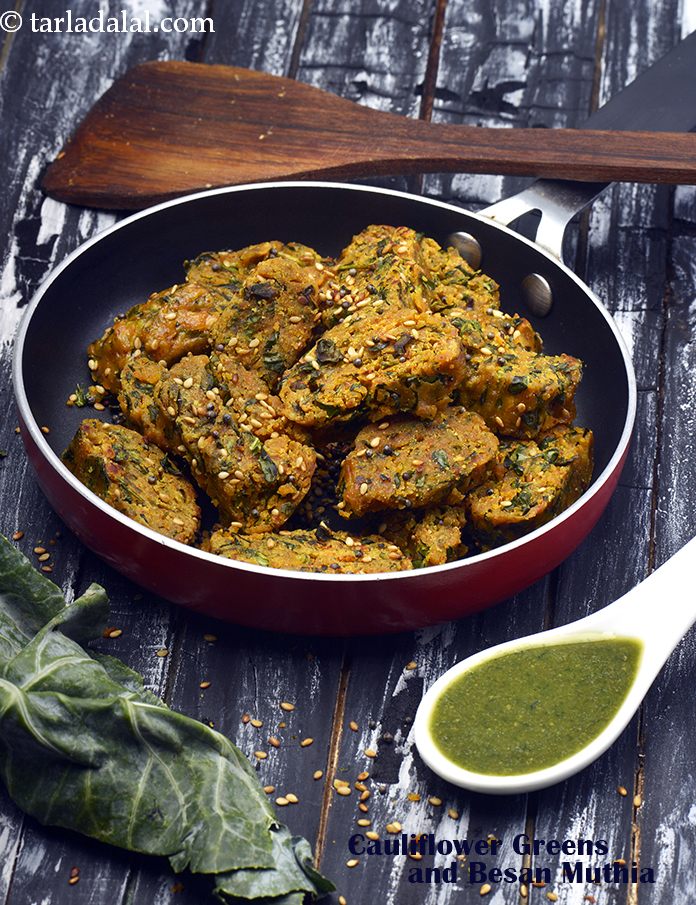
Click here to view Cauliflower Greens and Besan Muthia
Calories in other related recipes


